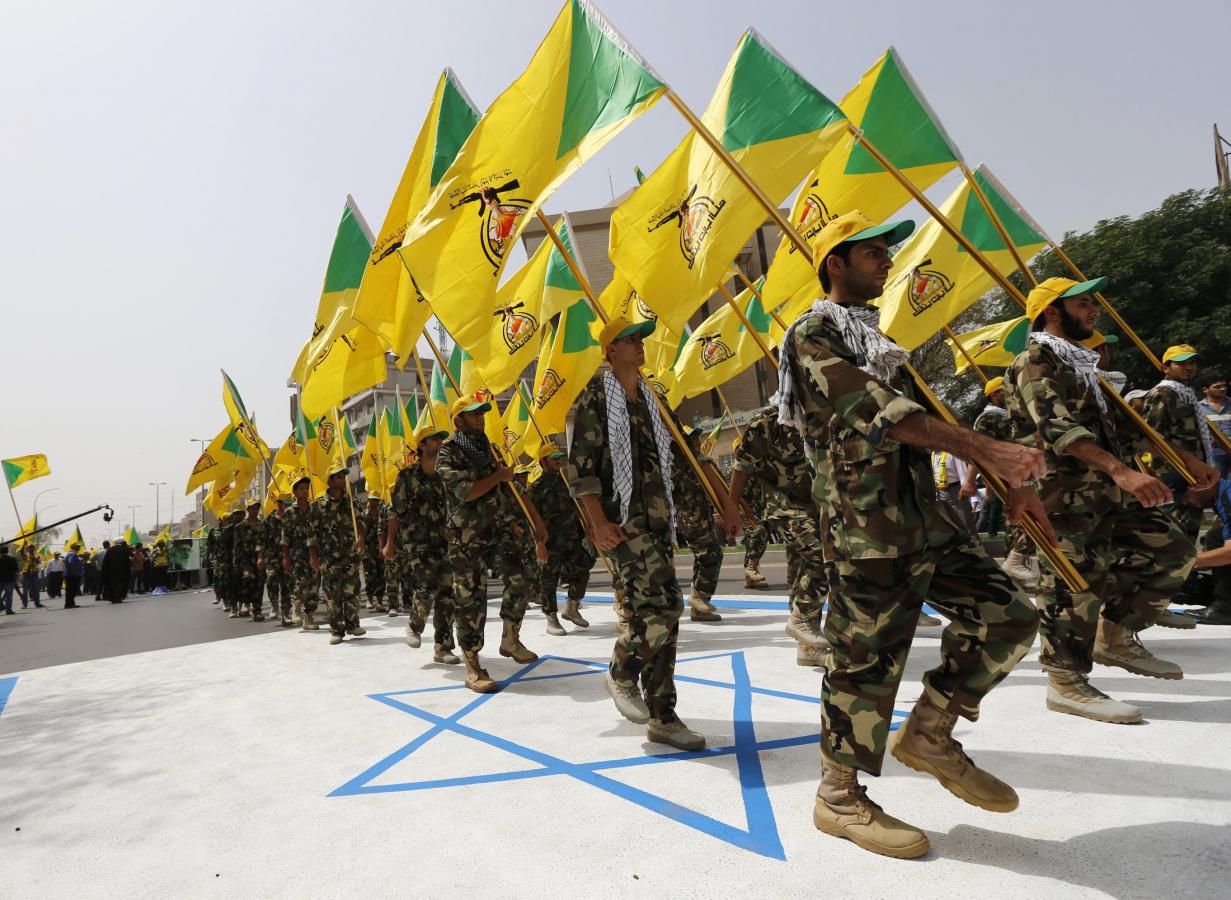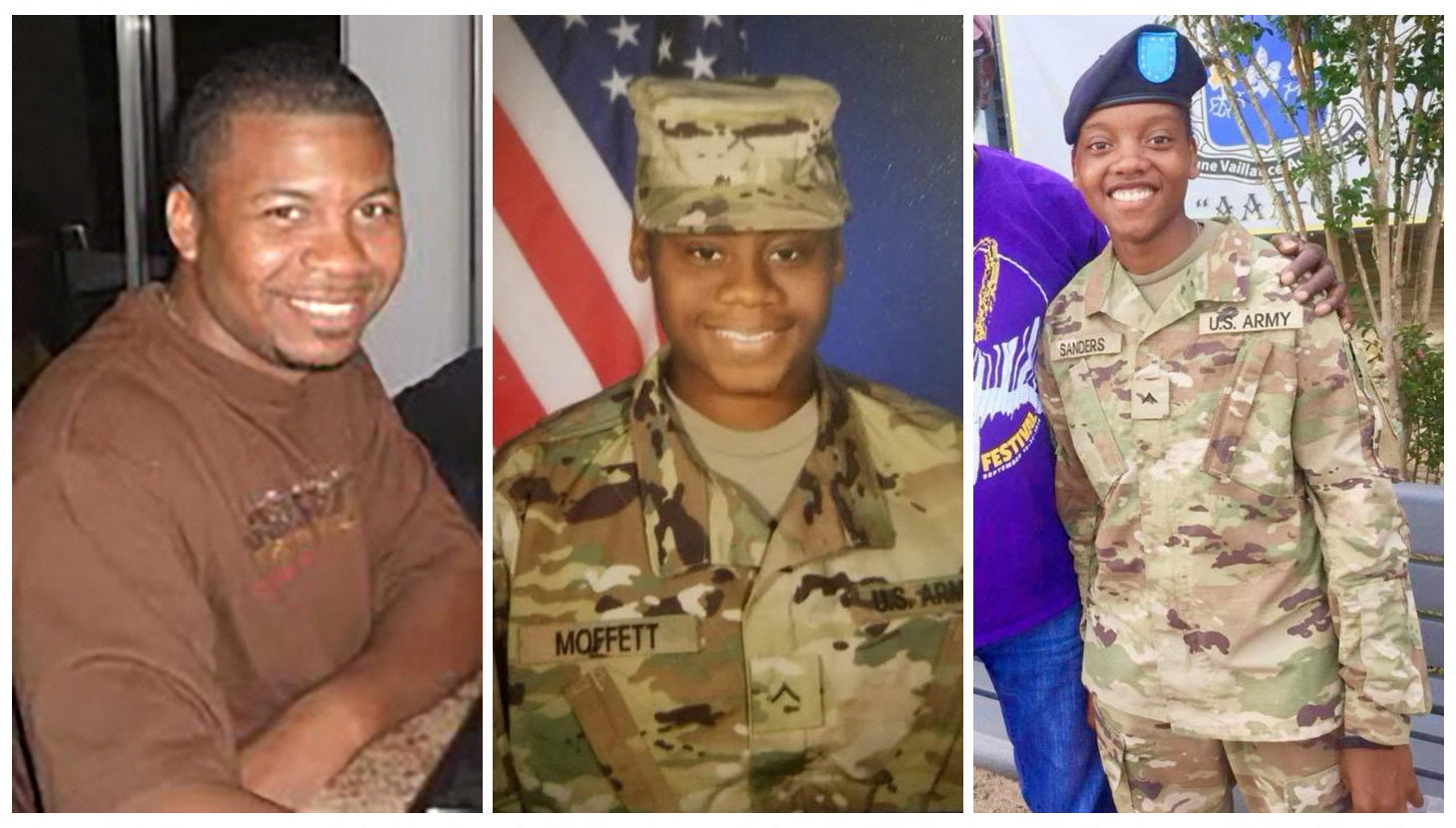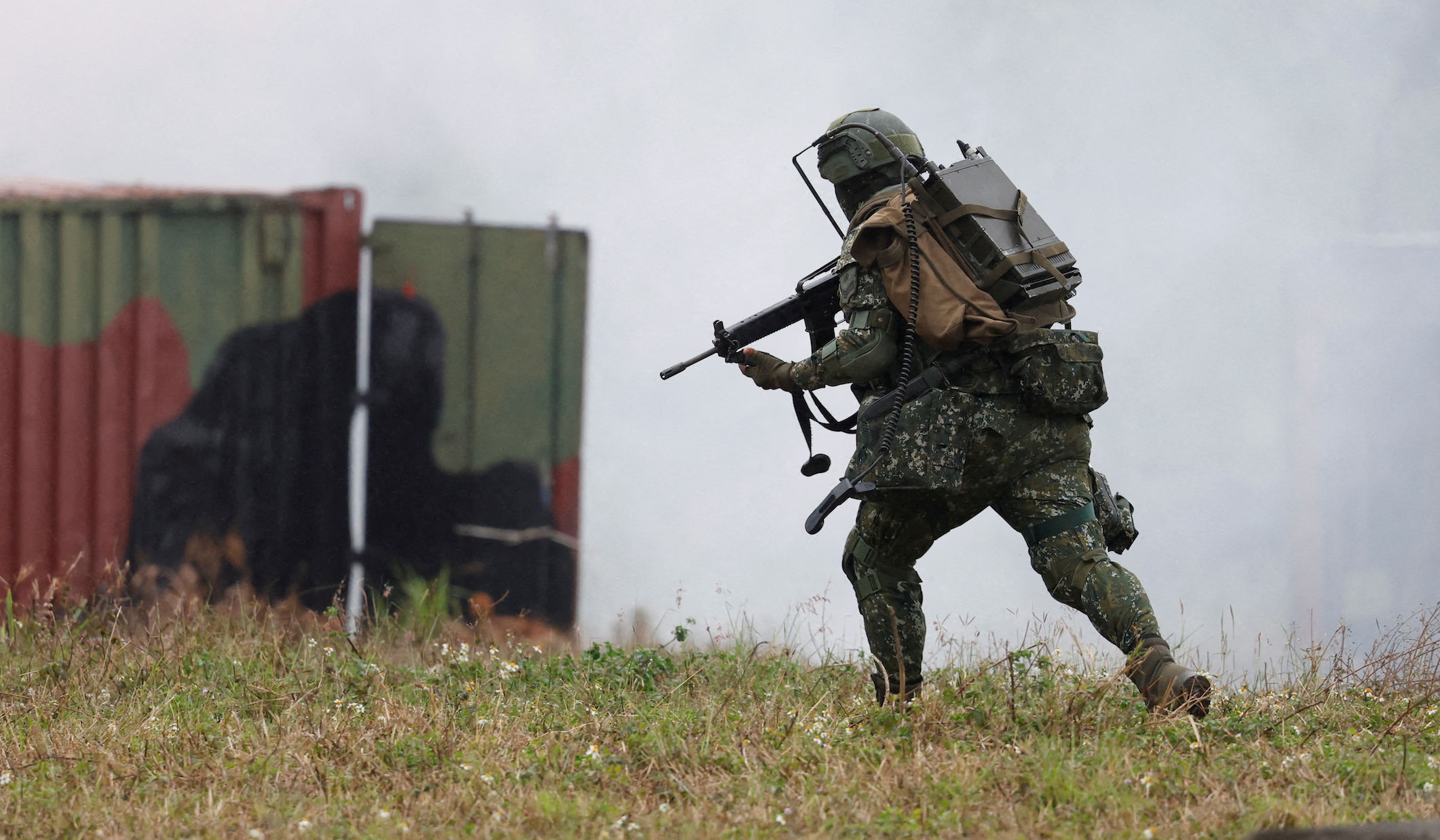
How an Iranian ally in Iraq was made to stand down
PHOTO CAPTION: Iranian-backed militia Kataib Hezbollah members hold the party's flags as they walk along a street painted in the colors of the Israeli flag during a parade marking the annual Quds Day, or Jerusalem Day, on the last Friday of the Muslim holy month of Ramadan, in Baghdad in this July 25, 2014
By Timour Azhari
BAGHDAD (Reuters) - A powerful Iraqi faction that led dozens of attacks against U.S. forces since October was pushed to announced a suspension of attacks through pressure from Tehran and ruling Iraqi parties who felt the faction had crossed a red line, four sources said.
Washington has pointed to Iran-aligned armed group Kataib Hezbollah as the perpetrator of Sunday's drone attack on the Jordanian-Syrian border that killed three U.S. troops and injured dozens more, and has vowed to respond forcefully.
Kataib Hezbollah on Tuesday announced it was stopping all attacks on U.S. forces, citing unwillingness to embarrass the Iraqi government and making rare public note of disagreements with Iran and its so-called "Axis of Resistance".
The abrupt announcement was the clearest sign yet that Tehran and influential Iraq groups want to avoid a regional conflict tied to the Gaza war, analysts and politicians said, drawing a line after dozens of attacks on U.S. forces since October.
"The groups in Baghdad's government are worried about Iraq becoming a playground in the wider regional conflict and have domestic reasons not to want to risk the status quo," said Renad Mansour, senior research fellow at London's Chatham House think tank.
Dozens of attacks on U.S. forces in Syria and Iraq by the Islamic Resistance in Iraq - an umbrella group of hardline factions including Kataib Hezbollah - ended a months-long truce between the groups and U.S. forces and upset the government's efforts to stabilize the country after decades of conflict.
Four sources, including a Shi'ite politician, an Iraqi official and a person who has met hardline factions in recent days, said killing U.S. troops in Jordan, a neighbouring Arab country and close U.S. ally, was a step too far.
Fearing a large-scale U.S. retaliation, Tehran publicly stated it was not involved and privately passed messages to Kataib Hezbollah to stand down, while ruling Iraqi Shi'ite factions helped broker an end to attacks, the sources said.
A Kataib Hezbollah spokesperson could not be reached for comment. Iranian officials did not respond to requests for comment.
"This comes as a result of internal pressure and also a will by our neighbour (Iran) to de-escalate," a Shi'ite politician familiar with the matter said.
"It was a real team effort including with participation of the neighbour," another source said, adding that other Iraqi factions had also committed to stopping attacks but could resume if there was a forceful U.S. response.
"If the U.S. goes big in the next days, it may change things," the source said.
'PRECARIOUS EQUILIBRIUM'
In 2020, the U.S. killed Iran Quds Force commander Qassem Soleimani and Kataib Hezbollah leader Abu Mahdi al-Muhandis in a drone strike at Baghdad's international airport.
The strike came days after the U.S. blamed Kataib Hezbollah for the killing of a U.S. contractor, and some Iraqi officials fear a similarly powerful response could lead to a new cycle of violence.
Iraq's Shi'ite Coordination Framework, the government's main backer, includes Iraqi factions such as the Badr Organization and Asaib Ahl al-Haq that fought U.S. forces for years after the 2003 U.S.-led invasion but more recently have turned their focus on gaining political and economic power.
Both decided to sit out the recent attacks on U.S. forces, according to five people familiar with the matter, leading to rare public disagreement with hardline factions who felt their political cover was being undermined.
"They felt that they had their back against the wall," said a person familiar with the thinking of senior leaders of groups in the Islamic Resistance.
In announcing the end of their attacks, Kataib Hezbollah said Iran and other allies "often object to the pressure and escalation against the American occupation forces."
Mansour, of Chatham House, said: "It's always a balance of fighting and showing force but not wanting to escalate too far, so it's a very precarious equilibrium of violence they try to maintain."
"That balance is disrupted when you have the killing of American troops, such as in 2019 which prompted the US killing of Soleimani and Muhandis”.
(Reporting by Timour Azhari, Editing by William Maclean)









